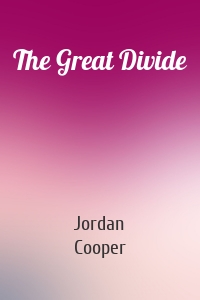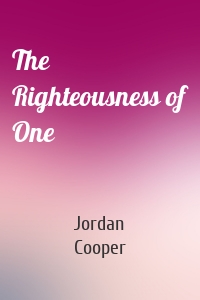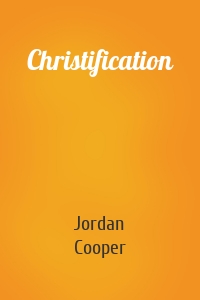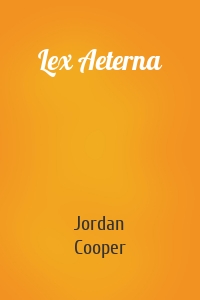Jordan Cooper
5 кн.
The Great Divide
Since the sixteenth century, the Protestant tradition has been divided. The Reformed and Lutheran reformations, though both committed to the doctrine of the sinners justification by faith alone, split over Zwingli and Luther's disagreement over the nature of the Lord's Supper. Since that time, the Reformed and Lutheran traditions have developed their own theological convictions, and continue to disagree with one another. It is incumbent upon students of the reformation, in the Lutheran...
| Автор | Jordan Cooper |
Hands of Faith
It is a common misconception that Lutheran theology is inherently antinomian, or unconcerned with Christian ethics. This unfortunate caricature of the doctrine of the Reformation has been furthered by certain strands of Lutheran theology, which reject the third use of the law and the necessity of expounding Christian ethics in preaching. In this book, Jordan Cooper challenges the claim that Lutheranism emphasizes justification at the expense of sanctification, demonstrating that the two kinds of...
| Автор | Jordan Cooper |
The Righteousness of One
Since the publication of E.P. Sanders' Paul and Palestinian Judaism in 1977, Paul's soteriology has received extensive evaluation in light of second temple Judaism. These works have focused on exegesis of the Pauline text and evaluating Sanders' proposal of covenantal nomism within the second temple Jewish literature. There has been an unfortunate gap in this discussion: historical theology. This work addresses the historical claims made by proponents of the New Perspective on...
| Автор | Jordan Cooper |
Christification
The doctrine of theosis has enjoyed a recent resurgence among varied theological traditions across the realms of historical, dogmatic, and exegetical theology. In Christification: A Lutheran Approach to Theosis, Jordan Cooper evaluates this teaching from a Lutheran perspective. He examines the teachings of the church fathers, the New Testament, and the Lutheran Confessional tradition in conversation with recent scholarship on theosis. Cooper proposes that the participationist soteriology of the...
| Автор | Jordan Cooper |
Lex Aeterna
Martin Luther's theological revolution depended in a significant part upon the distinction between law and gospel. Within the last hundred years, several authors have reevaluated the reformer's understanding of this paradigm in light of its development within the Lutheran orthodox tradition. Some authors have argued that the Lutheran scholastic view of God's law departs from that of Luther. Specifically, it is contended that the Lutheran orthodox argued for a definition of the law...
| Автор | Jordan Cooper |






